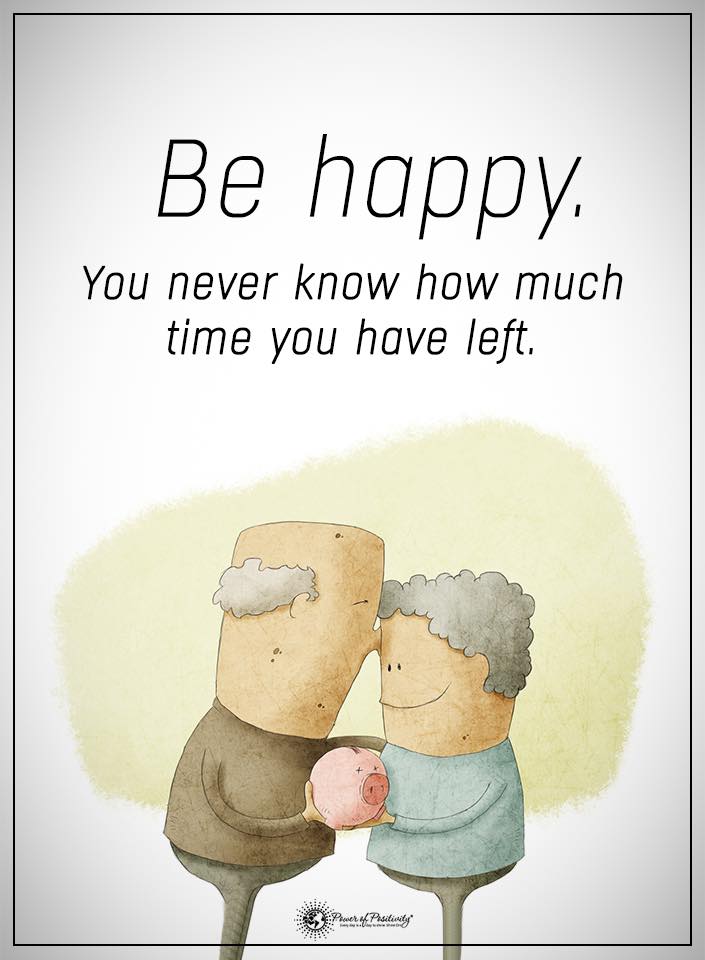Do you want to know how to be happy in life? Of course, you do.
Many different people have many different ways to enjoy this happy life. The monks of Tibet use meditation, the Hawaiians use Ho’oponopono, and the British visit the local pub on a Friday night! However, one study from Harvard University in the United States of America has been conducted for seventy-five long years to state how to make your life as happy as possible.
One of the longest ever undertaken this study commenced in 1938, and it followed 268 undergraduate men from every walk of life. It chronicled all aspects of their lives, from income to alcohol consumption. Correct to 2nd February 2012, only sixty-eight of the original number remained alive. The man who headed it from 1974 to 2004 is Harvard psychiatrist George Vaillant, who obtained the findings from the Harvard Grant Study. Some facets of the study are still emerging and are unknown in the public domain at this moment in time. However, we will share with you what we can about the findings.
Here Are the Key Takeaways on How to Be Happy in Life:
Remember these priceless words of advice.
1. “Happiness is love. Full stop.”
These are the five words Vaillant wrote in conclusion to a study that has cost seventy-five years and US$20 million. He explains two pillars of happiness: love and “finding a way of coping with life that does not push love away.” That means that you can be Richie Rich inside a mansion with your butler and McDonald’s, but money and power have little influence on happiness, as “in terms of achievement, the only thing that matters is that you be content at your work,” adds Vaillant. All relationships matter, even your earliest ones as a child. They serve as an indicator of happiness in life as a whole and career satisfaction.
Connections matter and, as H.L. Hunt succinctly put it,
“Money is just a way of keeping score.”
2. Intelligence is not the be-all and end-all that determines your happiness.
Naturally, it has some effect on how we feel, not that we are saying that people with a lower IQ cannot be happy. To clarify, the average IQ in the USA is ninety-eight. However, according to the Harvard Grant Study, men with an IQ slightly above average are generally just as happy as someone considered a genius.
3. You can be happy again, even after pain.
A tall red-haired participant named Godfrey Minot Camille attempted suicide after graduation from medical school and was a narcissistic hypochondriac before thirty. By the time he was fifty, he was an empathetic altruist and used a pragmatic stoicism for going about life. He recollected how love changed his life over time. Let us hear Godfrey in his own words when he was seventy-five:
“Before there were dysfunctional families, I came from one. My professional life hasn’t been disappointing – far from it – but the truly gratifying unfolding has been into the person I’ve slowly become: comfortable, joyful, connected, and effective.”
When he died while mountain climbing in the Alps at the ripe old age of eighty-two, he was a dearly loved husband and father to two doting children, and the church where he frequented was packed to the rafters at his memorial service. The Bishop who spoke in his eulogy said, “He lived a very simple life, but it was very rich in relationships.”
You can buy George Vaillant’s 480-page book “Triumphs of Experience: The Men of the Harvard Grant Study” on Amazon or the Harvard University Press.
How Can You Be Happy in Life?
Now that you know why cultivating joy is essential, how can you be happy in life? The answer to this boils down to the activities and people who feed your soul. Here are a few ideas of some habits you can try.
The Happy Health Brain Foundation team knows that a healthy and well-balanced brain is a happier brain.
With that in mind, clinical neuropsychologist Paul D. Nussbaum, of the University of Pittsburgh, advised the following in the Journal of the American Society on Aging:
“People should consider participating in novel and complex activities and reduce rote and passive activities. Some examples: learn a new language, including
sign language (which is great for babies); travel to new places and use new routes within familiar settings; play a musical instrument; engage in the arts and work on creative pursuits; play board games and do daily brain fitness exercises; read and write; and, try improvisation.”
So let’s look at how four of the habits mentioned above relate to how you can be satisfied in life.
1 – Travel to New Places
The world is right there, outside your door. If you have a heart full of wanderlust, indulge it. Plan to see new places, experience new cultures, and have fun along the way.
The more you immerse yourself in travel, the more you learn. Dr. Nussbaum noted in the JASA article is that the location must be “novel” or new to stimulate your brain cells. He also suggests taking a new road to familiar places. So even if you want to visit your favorite vacation spot, driving a route off the beaten path might provide a positive outcome, as well.
2 – Learn a New Language
Have you ever wished you had paid more attention in your high school foreign language class? It is never too late to learn, and there is no better time to start than today. You will feel proud of your accomplishments as you master each new lesson. Besides that, you will have an excellent new skill that will enable you to make new friends on those travels!
3 – Play an Instrument
A study of the pleasure centers of the brain concurs that music supports happiness. The article explains that music is a sensory pleasure and can have a positive effect on the brain. So pick up the guitar you always wanted, tune into a YouTube video, and teach yourself how to play a few chords. You will receive the reward of self-contentment.
Also, music is therapeutic and can help resolve past hurts.
4 – Host a Game Night
Playing games can be fun. But perhaps the best part about hosting a game night is the fellowship with your family or friends. It’s a great way to get together, engage in a positive activity, and spend precious time together with those special people in your life.
Final Thoughts on Learning How to Be Happy in Life
Learning how to be happy in life is within your grasp. Regardless of what activities you engage in to fulfill your promise of joy, remember that joy is your birthright. So love with all your heart, forgive past hurts, and never think it’s too late to try new things.



















